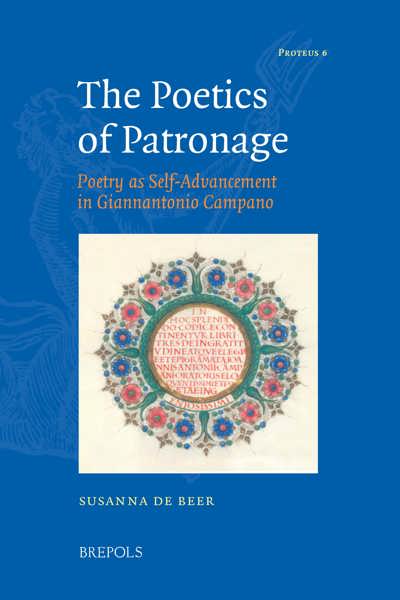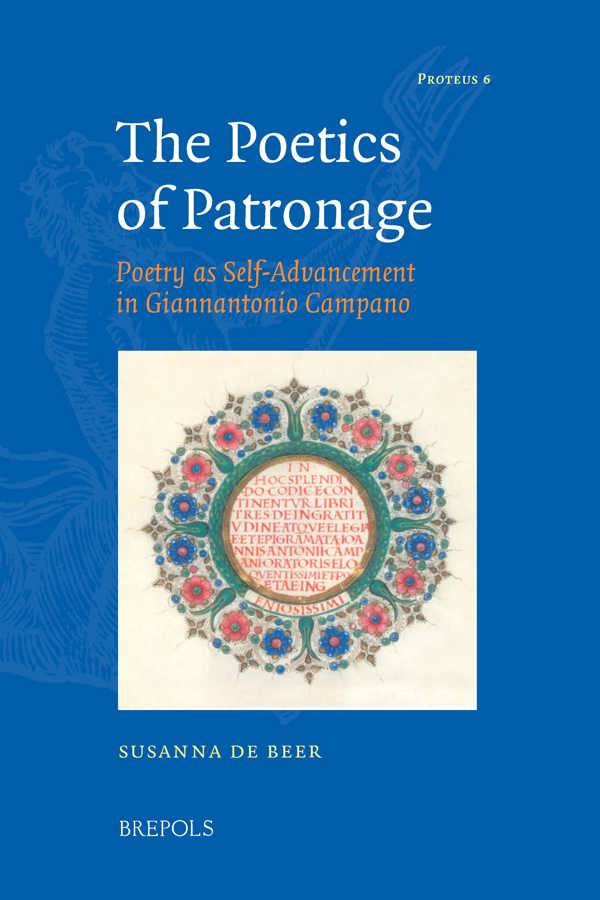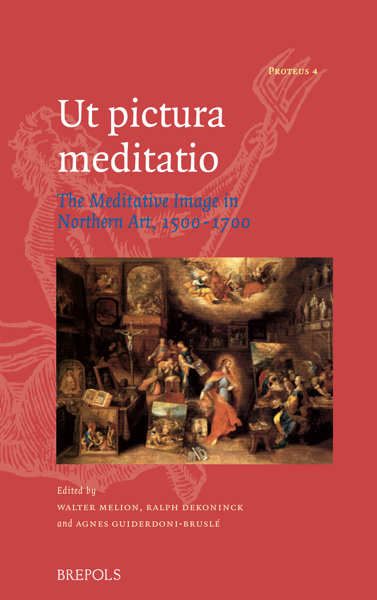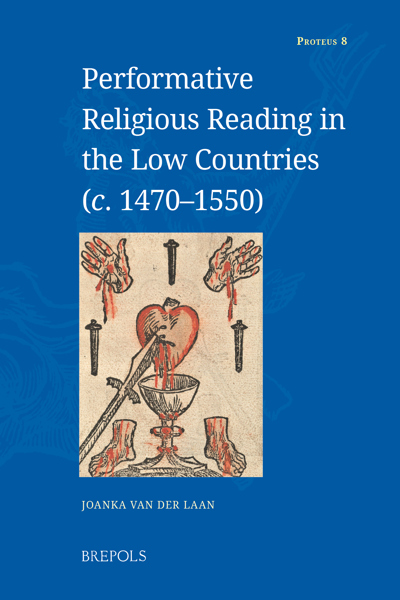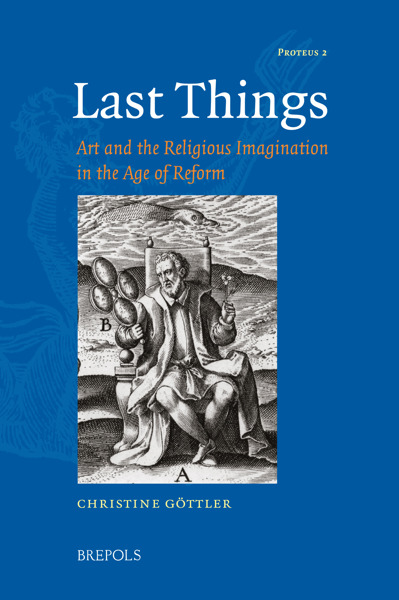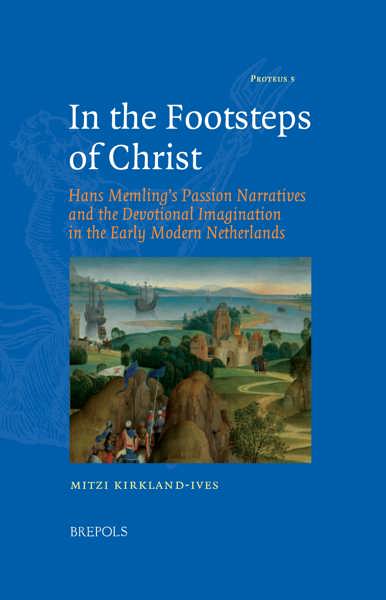
- Pages: 431 p.
- Size:156 x 234 mm
- Illustrations:45 b/w, 16 col.
- Language(s):English, Latin
- Publication Year:2013
- € 145,00 EXCL. VAT RETAIL PRICE
- € 75,00 EXCL. VAT DISCOUNT PRICE VALID UNTIL 30 Jun 2026
- ISBN: 978-2-503-54238-6
- Hardback
- Available
A comprehensive analysis of the system and poetics of literary patronage in the Renaissance on the basis of Giannantonio Campano’s poetic oeuvre.
"This book is in any case a fine contribution, with much to offer historians and literary scholars of the period. Neo-Latinists in general – even if not experts on Italian humanism – will appreciate the wealth of close readings and useful edited texts of an author who has previously been hard to access."
Victoria Moul (King’s College London) in: International Journal of the Classical Tradition, Vol. 21, January 2014, p. 83-85
"Le livre de S. de Beer est particulièrement remarquable et il apporte un complément enrichissant aux études de l’humanisme du Quattrocento : on loue tout d’abord l’érudition de l’ouvrage, manifeste dans la restitution précise et détaillée de l’arrière-plan historique, ainsi que la finesse d’analyse appliquée aux pièces poétiques de Campano et mises en regard avec leurs antécédents antiques."
Hélène Casanova-Robin (Université Paris-Sorbonne) in: Bryn Mawr Classical Review 2014.06.07
"Beautifully produced, with a series of high-quality illustrations in both color and black and white, this is an important book both for what it reveals about Campano and for its discussion of patronage within Renaissance literary culture. Indeed, in its combination of philological rigor and methodological sophistication, this book stands as a model for what a monograph in Neo-Latin studies should look like in 2013."
Craig Kallendorf, in: Seventeenth-Century News, Vol. 71, 3-4, Fall-Winter 2013, p. 164-166
"In her analyses, de Beer successfully combines historical, sociological, and literary approaches to open up productive thinking about literary patronage in late Quattrocento Italy."
Frances Muecke (The University of Sydney) in: Parergon, Volume 31, Number 1, 2014, pp. 198-200
"The book is a handsome volume, accompanied by forty-five illustrations and sixteen color plates. (...) Not simply a study of Campano, this book has as its focus the Renaissance literary-patronage system. (...) De Beer is an expert scholar who is equally adept at carrying out painstaking research and treating broad themes. She has made a significant contribution to the study of Renaissance humanism, literary criticism, Neo-Latin poetry, and the classical tradition."
Angela Fritsen (Episcopal School of Dallas) in: Renaissance Quarterly, Vol. 67, No. 3 (Fall 2014), pp. 1070-1071
This study examines the system and poetics of literary patronage in the Renaissance by presenting a comprehensive analysis of the poetry of Giannantonio Campano. In this way, it addresses two themes largely overlooked by modern scholarship. Most studies of literary patronage focus on antiquity, the Middle Ages, or on England during the seventeenth and eighteenth centuries. If Renaissance patronage is considered at all, the focus is almost exclusively on social and political networks or on the visual arts. In spite of this, literary patronage in fact forms a crucial context for our understanding of the work and careers of Renaissance writers like Campano.
By analysing Campano’s poetry in relation to his various patronage relationships, this study also offers the first comprehensive introduction to his poetic oeuvre. His poems not only shed light on his own patronage relationships with important Renaissance princes such as Pope Pius II and Federico da Montefeltro, but also revive and appropriate the ancient literary patronage discourse found in the poetry of Horace, Ovid, Martial, and other classical writers. This study not only focuses on the social function of Campano’s poetry, therefore, but also explores its distinct literary character.
Introduction
Chapter 1. Poetry as Common Ground: Pope Pius II Piccolomini
Chapter 2. Friends Will be Friends: Cardinal Giacomo degli Ammannati
Chapter 3. The Mutual Benefit of Patronage: Cardinal Pietro Riario
Chapter 4. Unsuccessful Attempts: King Ferrante I of Aragon
Chapter 5. A Constant Supporter: Federico da Montefeltro of Urbino
Epilogue
Appendix I. The Textual Transmission of Campano’s Poetry
Appendix II. Campano’s Poetic oeuvre
Appendix III. Critical Edition
Bibliography
Index
